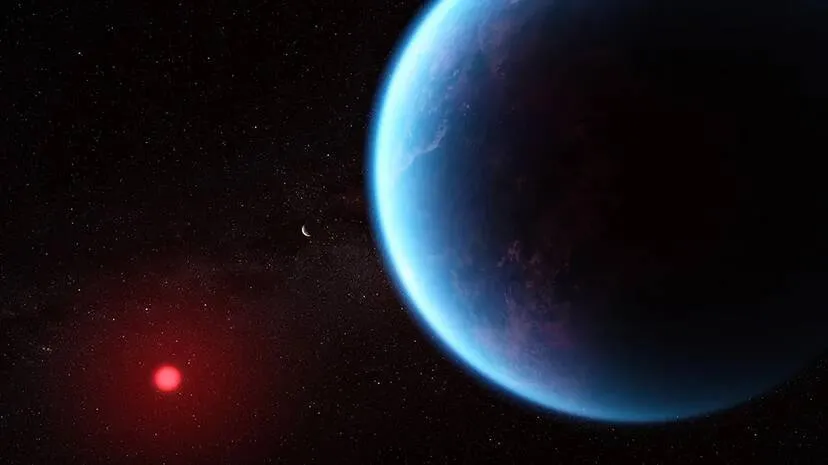

LONDON: Strong indications of the presence of life have been found on the exoplanet 'K2-18 b', located 124 light-years away from Earth. The groundbreaking discovery was made by a team of researchers from the University of Cambridge, led by Indian-origin scientist Dr. Nikku Madhusudhan.
To put the distance in perspective, one light-year equals approximately 9.46 trillion kilometres (9,460,730,472,580.8 km). That’s how far K2-18 b is from Earth.
The research was based on data collected by NASA's James Webb Space Telescope. Scientists detected the presence of carbon-rich molecules such as methane and carbon dioxide in the atmosphere of K2-18 b.
There is also a suspected presence of dimethyl sulfide (DMS), a compound known to be produced only by marine organisms like algae on Earth.
Dr. Nikku Madhusudhan told the media that this is the strongest evidence so far of possible life beyond Earth and that it might be confirmed within a year or two. However, NASA has stated that the findings are not yet confirmed and more data is required.
Key facts about K2-18 b: